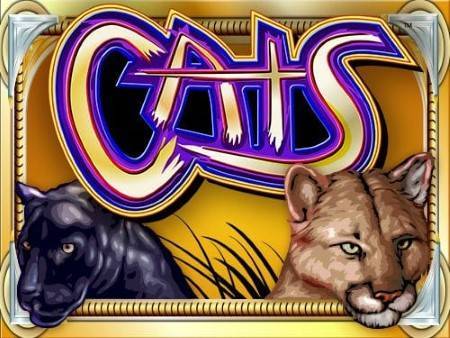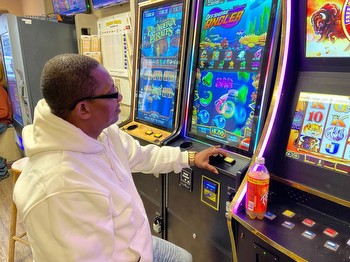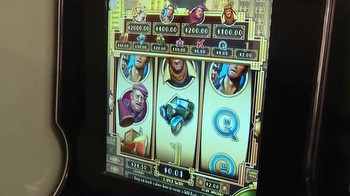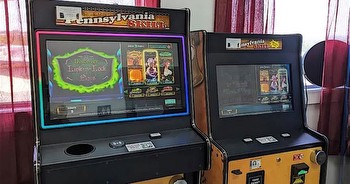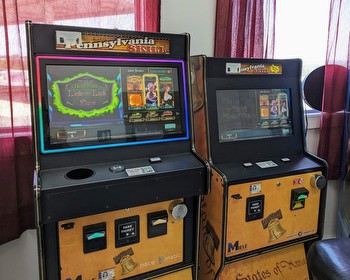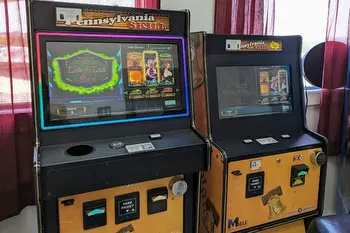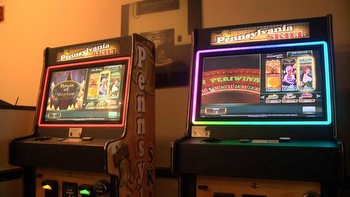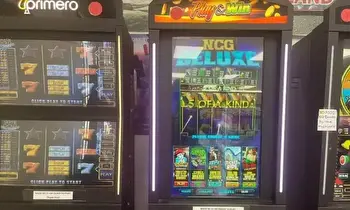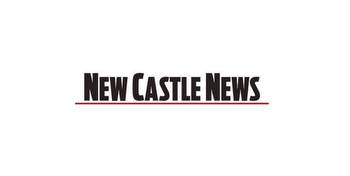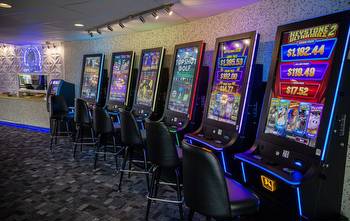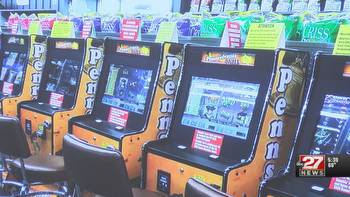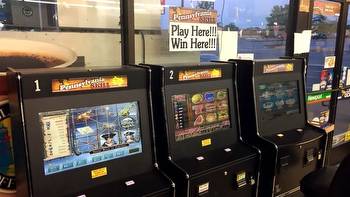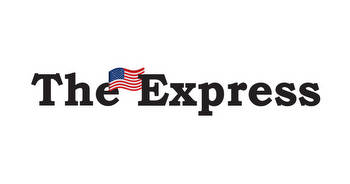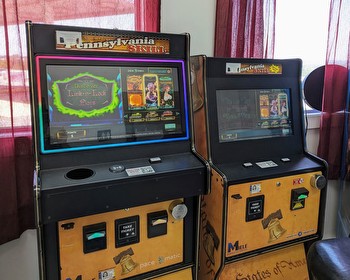Rendell recycles casino industry talking points, misses key distinction
In a June 13 opinion piece published by PennLive, former Gov. Ed Rendell suggests “skill games” should be taxed at the same rate as slot machines. His diatribe echoes the false, misleading rhetoric on skill games being pushed by the Pennsylvania casino industry.
These arguments ignore both the facts and the law, displaying either ignorance or lack of effort in understanding what skill games are, as defined by Pennsylvania courts. As the prime sponsor of Senate Bill 706, legislation to tax and regulate skill games, I will give the governor the benefit of the doubt and premise my comments on what is proposed and why.
First, the only games that have generated court decisions and definitions of “skill games” are Pennsylvania Skill games developed by Pace-O-Matic (POM). For whatever reason, this company’s games were targeted as illegal by certain law enforcement. However, after an unbroken series of favorable court decisions, including a unanimous decision by the Commonwealth Court, it was made clear that the games and software developed by POM are predominately based on skill and not chance.
Therein lies the difference. While a slot machine is a game of chance with a predetermined outcome, the outcome of a true skill game can be influenced by the mental acuity of the player. In fact, one of the commonwealth’s own witnesses testified that he could beat the game every time.
In one legal decision, the court states, “The commonwealth is seeking to make all machines like the POM machines into illegal gambling devices, and their whole approach and intent is to shut down the games regardless of the actual gameplay.” It is critical to recognize that there are thousands of illegal devices throughout the commonwealth that do NOT meet the court decisions defining skill games.
Senate Bill 706 is a roadmap to preserve the distinction between skill games and games of chance and rid the market of illegal machines. This legislation does not allow for gaming to be the establishment’s primary source of income, nor does it allow for more than five terminals per business location. This prohibits so-called gaming parlors and mini-casinos from flooding communities with illegal machines and ensures that the small businesses where true skill games are located can continue to benefit from the critical revenue they provide.
Logic would indicate that casinos and the gambling industry, in general, should be supportive of the bill, but it is easy to ignore facts and logic when corporate greed is at stake. The casino industry has touted record earnings of upwards of $5 billion year after year. In just the first three months of 2024, they reported nearly $1.7 billion in revenue, second to only Nevada. To claim that legal skill games take from casino profits is simply unfounded.
Gov. Rendell, do you really believe the casino industry will be negatively impacted by a 16% tax on legal skill games as proposed in Senate Bill 706 when those casinos continue to experience record-breaking profits even as skill games go unregulated? Do you really believe a local small business, volunteer fire company, American Legion or Elks Club should pay the same tax rate as a casino, whose primary purpose is to earn money through gambling? It is apples and oranges.
Suggesting skill games be taxed at 52% to mirror that of slot machines implies they are part of the gambling world. Skill games are designed to provide supplemental income to businesses. They are important to these establishments for one very unique reason — they must be played in person, on-premises. This is far different from slot machines, which are readily available right in our pockets through our cellphones 24 hours a day, seven days a week, 365 days a year. I have never seen a person with a skill game cabinet strapped to their back so that they can play in the same unrestricted manner.
We have before us an unprecedented offer by an industry to be taxed and regulated, something I’ve never seen in my legislative career. Estimates show that taxation could generate as much as $300 million annually in revenue for the commonwealth. This is akin to having a winning Mega Million lottery ticket and refusing to cash it.
The choice is clear. It is vital, now more than ever, that the legislature take the necessary steps to regulate this important industry, capitalizing on significant potential revenue and supporting the backbone of Pennsylvania, our small businesses. I choose them over the corporate “golden goose” every time.
(State Sen. Gene Yaw, a Republican, represents the 23rd Senatorial District consisting of Bradford, Lycoming, Sullivan, Tioga and Union counties.)







